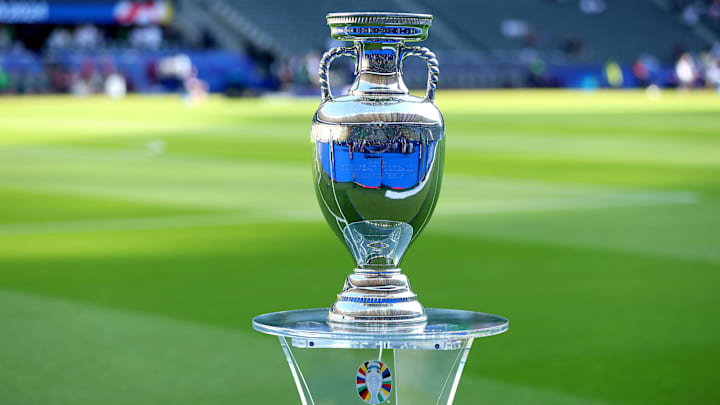If there's one thing that Euro 2024 has shown, it's that in European soccer, even losers win. The tournament may be a spectacle on the pitch, but the real eye-popping numbers are off it: 935 million euros. That's right. More than 5.7 billion reais will be distributed among the 55 Uefa federations, regardless of whether they played in the competition or not. Now that's soccer with a capital “F”, where the money keeps rolling in, even when the ball isn't in play.
Follow Playing for 90 on X (Twitter).
Uefa's report details how successful this edition of the Euros has been in terms of business. Not just because of the matches that filled stadiums or the absurd audience of 5.2 billion accumulated over the course of the tournament, but because HatTrick - Uefa's transfer program - will ensure that this money is turned into concrete benefits for soccer in each member country.
Now, before you turn up your nose at yet another one of these bonus programs, it's worth remembering that HatTrick isn't just anything. Since 2004, it has been a lifeline for many federations, especially the smaller ones, which often barely make ends meet. This program channels revenue from Uefa competitions to where it matters most: infrastructure, training centers, maintenance of men's and women's sports, referee management and even social projects. It is literally the foundation of a Europe that sees soccer not just as a game, but as a long-term investment.
And that's the point: soccer is a business. And Euro 2024 is here to prove that it goes far beyond the pitch. Even the clubs that have released their players to play in the tournament will be lining their pockets. A further 240 million euros (around 1.4 billion reais) will be passed on directly to the teams that gave their players to the competition. This keeps the investment cycle turning, as these clubs will be able to use this money to sign new talent, expand their bases and improve their structures. And, of course, to remain competitive in international leagues and tournaments.
But don't think the bonuses stop there. When you add it all up, the national teams also came out smiling from ear to ear, amassing 331 million euros in prize money, distributed over the course of the matches. And yes, Uefa has a very well-defined prize distribution model: each team receives a fixed sum of 9.25 million euros just for taking part in the tournament. And then, as the teams progress and their performance improves, the numbers go up.

To outsiders, this may seem like an exaggeration. After all, we're talking about figures that seem straight out of a fictional movie. But the truth is that this money isn't just enriching the coffers of federations and clubs. It's creating a virtuous cycle that benefits the entire structure of European soccer, from the big giants to the small teams in the minor leagues. Money flows, investments grow and, at the end of the day, soccer continues to expand, reaching new audiences and maintaining its global hegemony.
And the public wins too. The box office was a show in itself, and social media was no exception: 4.5 billion views of content related to the UEFA European Championship 2024. Not to mention the more than 2.7 million spectators per match, a veritable army of fans who make the spectacle even greater. This only reinforces that European soccer is by far the most valuable in the world, both on and off the pitch.
What is clear is that there are no losers at Euro 2024. The teams may fall by the wayside, but their coffers certainly won't be empty. Uefa has shown once again why it is the biggest power in global soccer, and while other continents struggle to get close, Europe continues to lead the way, with its coffers full, its loyal public and a soccer that continues to evolve.
At the end of the day, the success of Euro 2024 isn't just a victory for the teams competing for the title. It's a victory for everyone involved in European soccer. Whether you're a Premier League giant or a small club in an obscure league, the money is coming in, and it will keep coming in for years to come. After all, when European soccer wins, everyone wins.
